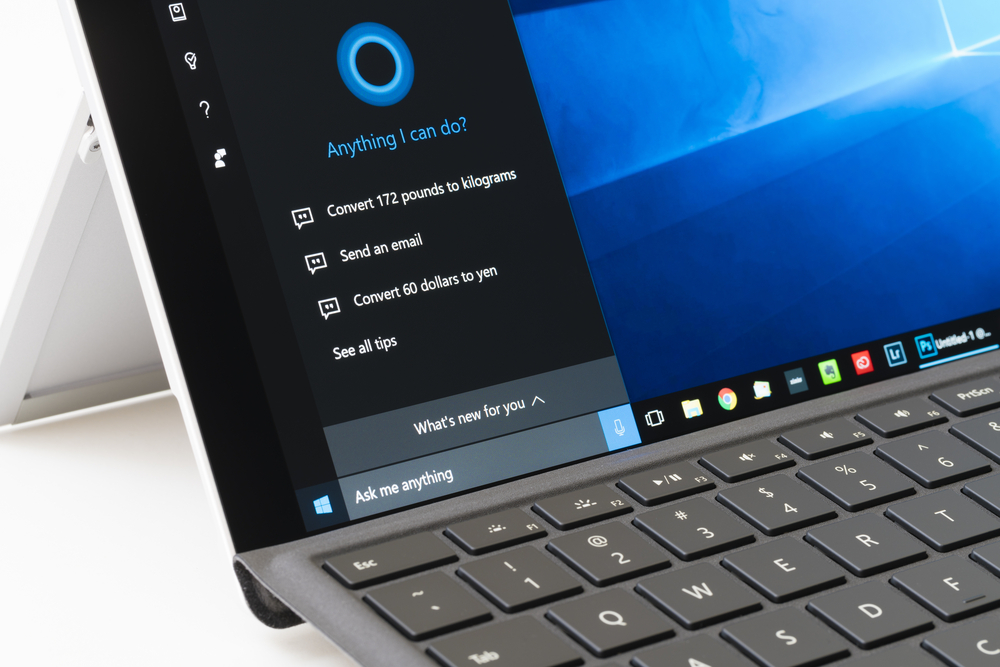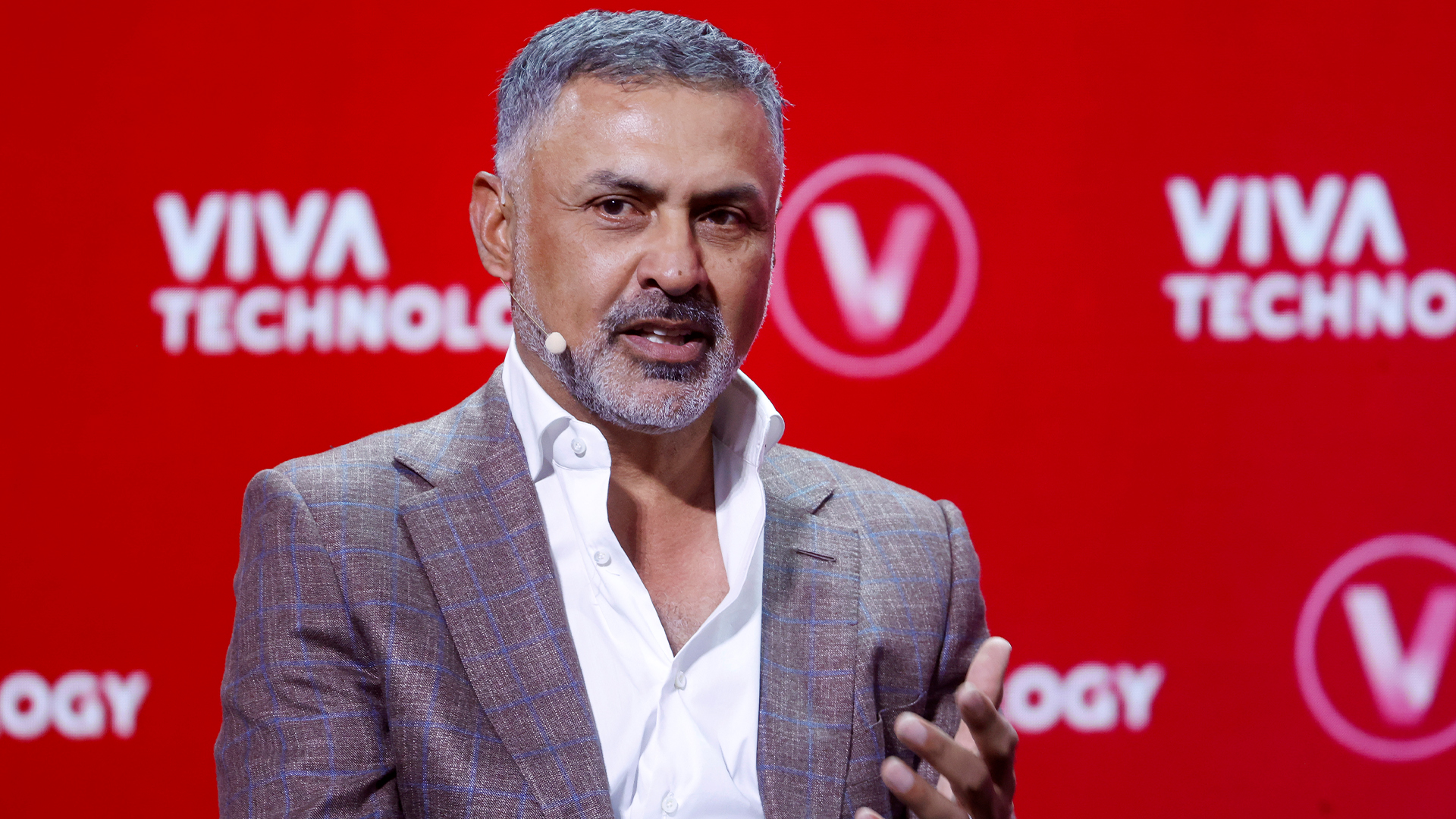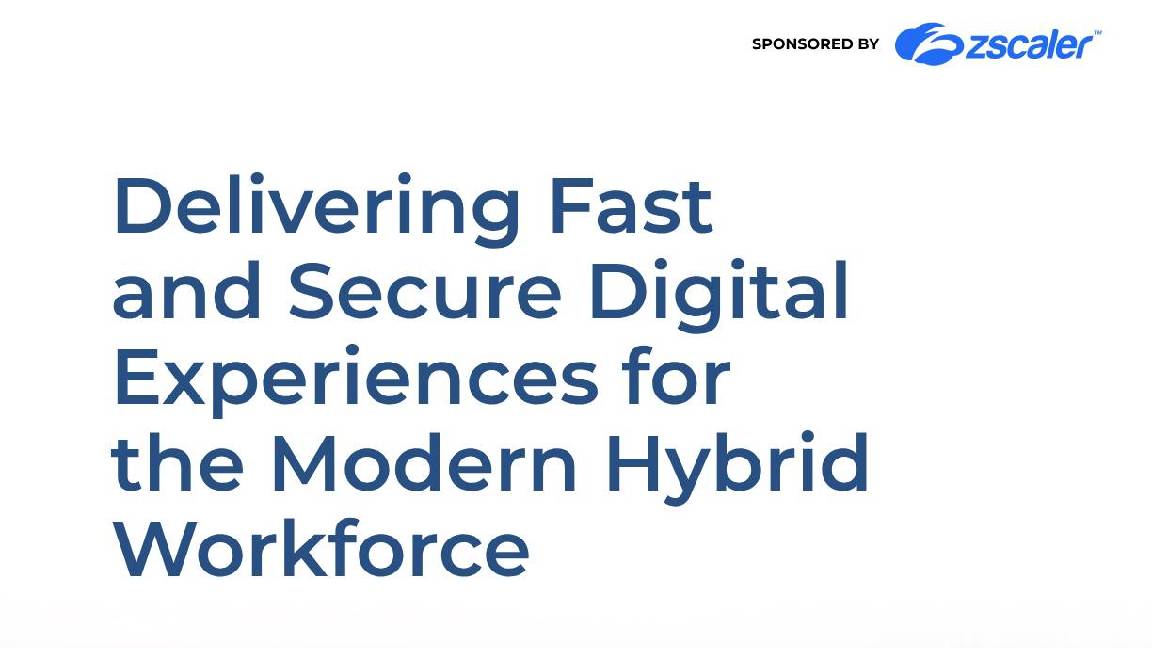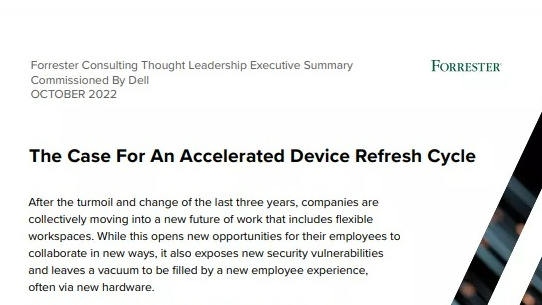
Sign up today and you will receive a free copy of our Future Focus 2025 report - the leading guidance on AI, cybersecurity and other IT challenges as per 700+ senior executives
You are now subscribed
Your newsletter sign-up was successful
Microsoft is making the tools behind applications like Cortana available on code repository GitHub, opening the doors to new open source machine learning projects based on its software programmes.
Redmond originally created the toolkit, known as Computational Network Toolkit (CNTK), out of necessity to help its developers make faster improvements to how well computers can understand speech.
But in a blog post, Microsoft explained that CNTK has proved to be “more efficient” than the four notable computational toolkits – namely Theano, TensorFlow, Torch7, and Caffe – that developers were using to create deep learning applications.
“The CNTK toolkit is just insanely more efficient than anything we have ever seen,” said Xuedong Huang, chief speech scientist at Microsoft.
This has allowed Microsoft’s researchers to create systems that can accurately recognise and translate conversations, as well as ones that can recognise images and even answer questions about them.
Huang said the swift gains his developers got from CNTK convinced Microsoft to make it available to everyone, adding that it wants to provide the same resources to other researchers who are making similar advances in deep learning.
CNTK is flexible enough that it can be used by anyone, from a researcher on a limited budget with a single computer, to teams with the budget to create their own large cluster of GPU-based computers.
Sign up today and you will receive a free copy of our Future Focus 2025 report - the leading guidance on AI, cybersecurity and other IT challenges as per 700+ senior executives
It will be available via an open-source license on GitHub from Monday.
Machine learning applications have also been a major talking point in cloud and mobile technology in recent years.
Microsoft’s own personal assistant, Cortana, is getting cleverer at recognising users’ routines and communications where meetings are agreed.
Google has heavily invested in a number of machine learning projects, including Google Now, Google Translate and its much-discussed self-driving car project.
In December, Facebook also opened some of its own deep learning tools for use by developers.
-
 Palo Alto Networks CEO hails ‘the end of identity silos’ as firm closes CyberArk acquisition
Palo Alto Networks CEO hails ‘the end of identity silos’ as firm closes CyberArk acquisitionNews Palo Alto Networks' CEO Nikesh Arora says the $25bn CyberArk acquisition heralds "the end of identity silos" for customers, enabling them to supercharge privileged access management.
-
 Google says hacker groups are using Gemini to augment attacks
Google says hacker groups are using Gemini to augment attacksNews Google Threat Intelligence Group has shut down repeated attempts to misuse the Gemini model family
-
 'Digital hide-and-seek': Workers are wasting hundreds of hours a year sourcing the information they need to carry out their role
'Digital hide-and-seek': Workers are wasting hundreds of hours a year sourcing the information they need to carry out their roleNews Knowledge workers globally are wasting a quarter of their working week tracking down information, new research from Atlassian has revealed.
-
 Untethered: How CIOs and CISOs are paving the way for the new hybrid workforce
Untethered: How CIOs and CISOs are paving the way for the new hybrid workforceWhitepaper Effective techniques to transition from exposed legacy infrastructure to an effective zero trust strategy
-
 Unlocking the power of your digital services
Unlocking the power of your digital servicesSponsored Businesses have invested significant cash into technology since COVID-19, but are they really getting their money's worth?
-
 Delivering fast and secure digital experiences for the modern hybrid workforce
Delivering fast and secure digital experiences for the modern hybrid workforceWhitepaper A new approach to digital experience monitoring that can monitor the health of all systems
-
 Collaboration is the glue that holds your business together
Collaboration is the glue that holds your business togetherSPONSORED A combination of productivity tools and cloud telephony can enable the best from your workforce
-
 The future of work and the forgotten workforce
The future of work and the forgotten workforcewhitepaper How to deploy a mobile-first strategy so no one gets left behind
-
 The case for an accelerated device refresh cycle
The case for an accelerated device refresh cycleWhitepaper Achieving a more cost-effective device lifecycle overall
-
 Employees are choosing how they work
Employees are choosing how they workWhitepaper And with the right secure digital strategy, this could be a great thing for your business: today and far into the future